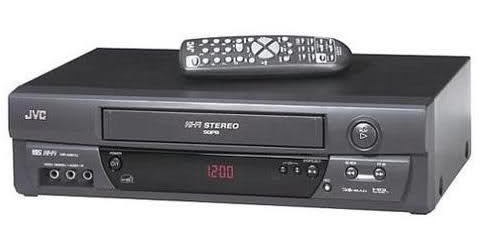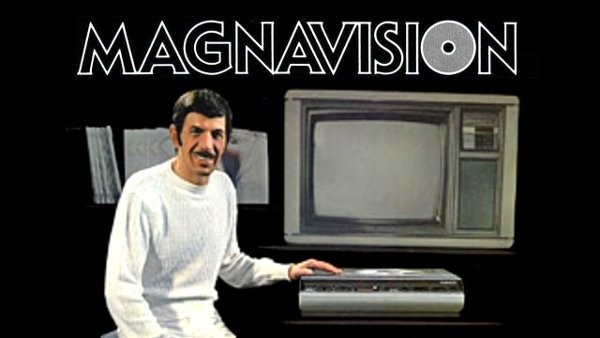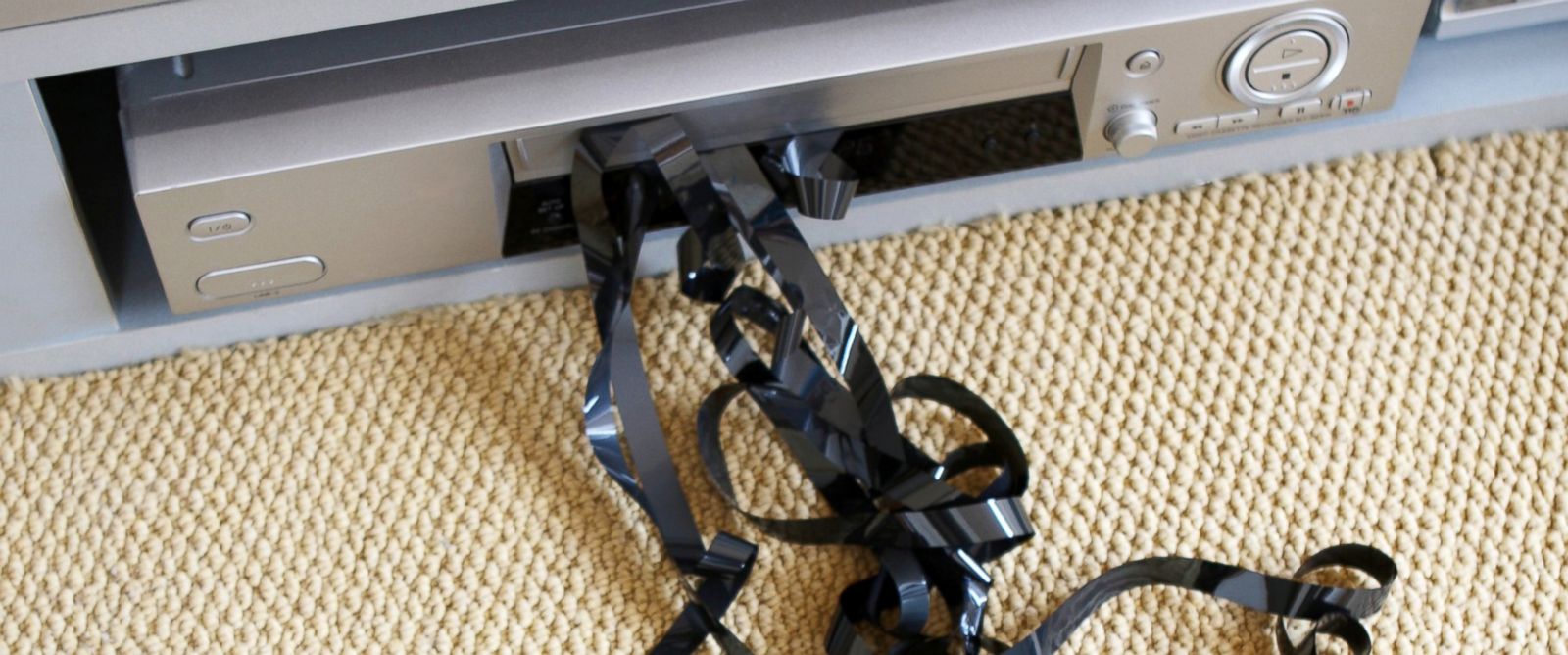I stumbled across Jed in the /CassetteCulture subreddit, where he was promoting a band called GUNSHIP. Their cassette release piqued my interest immediately. Why? Nevermind that its the perfect 80′s synthwave album that happened to be recorded in 2015, or that the band produces incredibly retro-tastic game inspired videos. The B side of the album wasn’t music at all. It was a playable version of a game calledAttack of the Mutant Camels for Commodore 64. Talk about unique!

GUNSHIP: My favorite album from 2015 | Photos: Jason Evangelho
In the process of writing this article, I had a wonderful chat with Shepherd about why cassettes matter, and how they’re still influencing music from both cultural and business sides of the fence.
I’ll be publishing the entirety of the interview soon, so stick around for that!
Tangibility:
“I have always loved tapes, and still made mixtape for friends, but I wanted new music released on tape too,” Shepherd tells me. “I just love the analogue sound and the connection you get to the music from the physicality of the format. I really don’t think that will stop people buying analog because as long as humans have ears and hands, we will want to touch the things we listen to.”
We’re fast evolving into a culture that primarily downloads and consumes entertainment digitally. In 2014 digital music revenue eclipsed physical CD sales for the first time in history. It’s estimated that paid Spotify subscriptions are hovering at 25 million or better, andApple AAPL -0.52% Music is already boasting 10 million paid subscribers.
As the surprise resurgence of vinyl has already shown us, a large percentage of music lovers still long for that physical connection.

Post/Pop has a wildly diverse catalog of cassette releases
Listening to music used to be a deliberate, almost ritualistic experience. Looking at the album art, pulling the record out of its sleeve, or popping the tape in the deck and pressing play. You connected with the album, tethered to your audio equipment, listening to each track successively. And those tracks were good because they were written to be consumed one album at a time, not one track at a time.
Now, music is so frequently relegated to background noise. Disposable. Rewritable. We have one night stands with single tracks. We’re not as selective because space isn’t a concern. But that nostalgia, that tangibility, is only one of the many reasons cassettes are still appealing.
Affordability:
“Making tapes is a fraction of the cost of vinyl, therefore you have the ability to release more frequently and cheaply,” Shepherd explains. “It’s also a really good way for bands to make some fast cash on tour. People want analogue but don’t want to spend £30 on the vinyl, so a very good alternative is a £5 cassette with very similar sound qualities.”

I actually started a new tape collection last year because the medium is so affordable. | Photo: Jason Evangelho
I polled multiple bands and labels about the cost of producing a tape, and the magic median number seems to be about $2 each. Compare this to a vinyl pressing which costs between $4 and $6 per record depending on the quantity being produced. Often it’s even higher. For small and independent bands, breaking even on a vinyl release is a challenge. Profiting on a cassette release is practically guaranteed because the production costs are cheaper, and if they’re selling tapes under $10 it becomes an impulse purchase at a show or online.
Which brings us to another advantage cassettes have over vinyl.
Immediacy:
“The best thing about releasing music on tapes is the turnaround,” Shepherd says. “You can find a band, and release a tape within a week if you want to, whereas vinyl can take up to 6 months (thanks to Record Store Day). It gives you the ability to react to the market and be spontaneous, rather than waiting so long, you lose passion for the project.”
This is a crucial factor for both labels and emerging bands, and of course for impatient music fans. Shepherd could theoretically discover a band at a gig, get them into the studio, and turn a cassette release around on Post/Pop within a few weeks. If the band already has music recorded, that window shrinks even more.
Shepherd has more to offer on the immediacy of tapes: “There has always been a cassette culture among people in bands. Tapes are handy and cheap. Getting down demo ideas, sharing them with bandmates and friends can be a lot easier than using a computer to record. An extension of that is then making the tapes available at your gigs, and then eventually online. It’s very easy to start a tape collection by accident, just by wanting to support local bands. I guess it did go away for the general public though, and that’s the demographic we really need to convince that cassettes are a viable option again.”
I’m not going to try convincing you that cassettes will ever go mainstream again; only that they’re still an important part of the landscape, and a growing part of the conversation.
If you love music and have an affinity for analog, definitely check outPost/Pop Records‘ library of releases. The passion Shepherd has for running a label shines through, and their entire catalog is dripping with talent.
Seriously though, this one song will absolutely sell you on GUNSHIP. What a fantastic band!
 New topic
New topic Printable
Printable



 Report post to moderator
Report post to moderator




